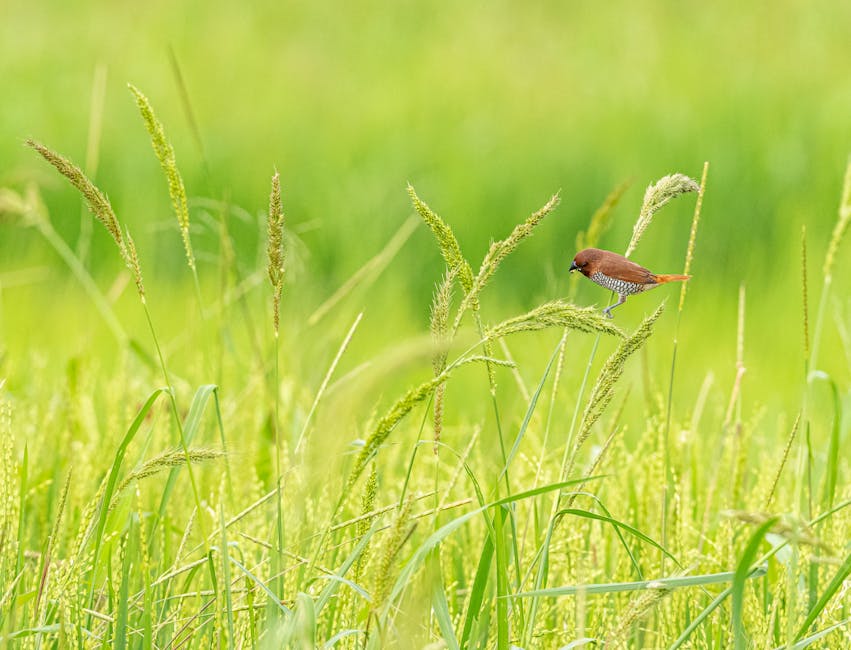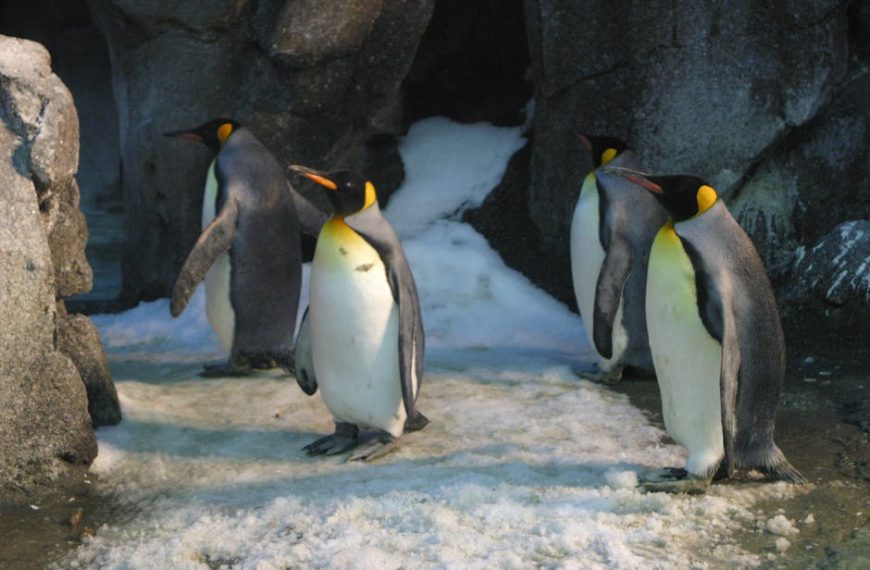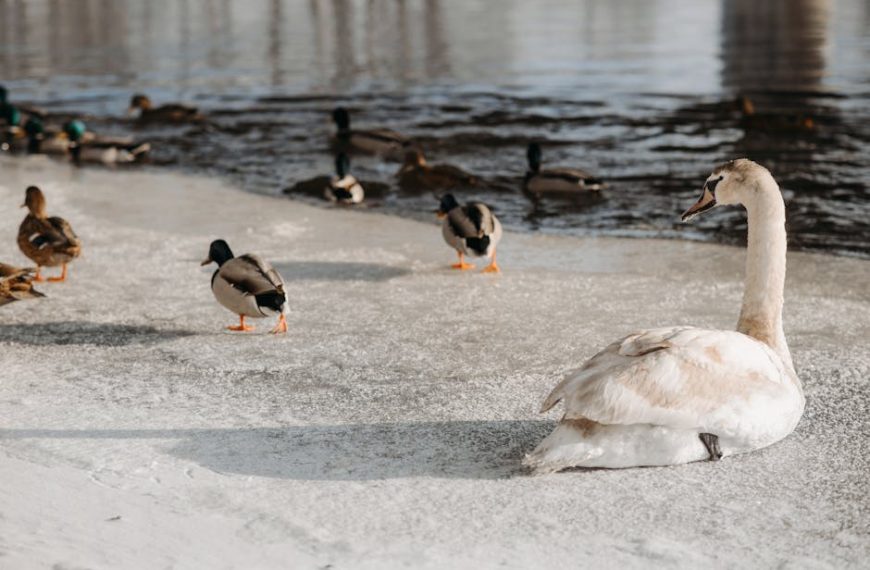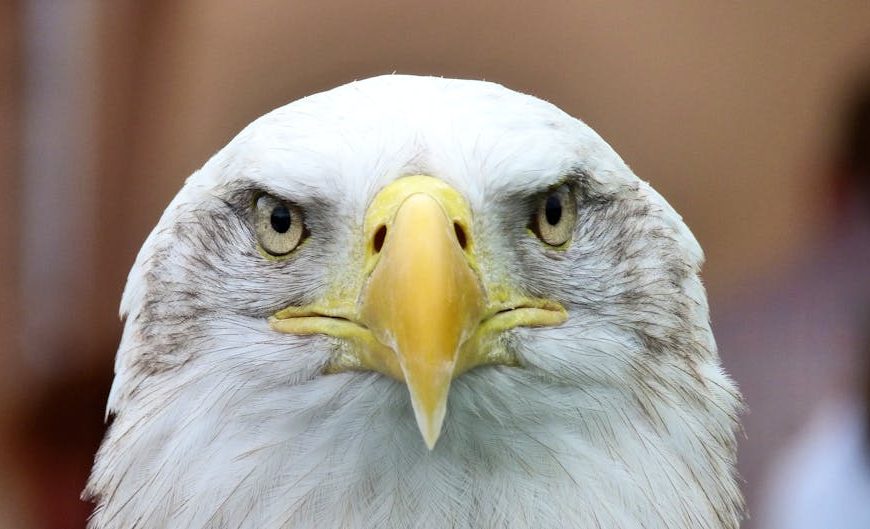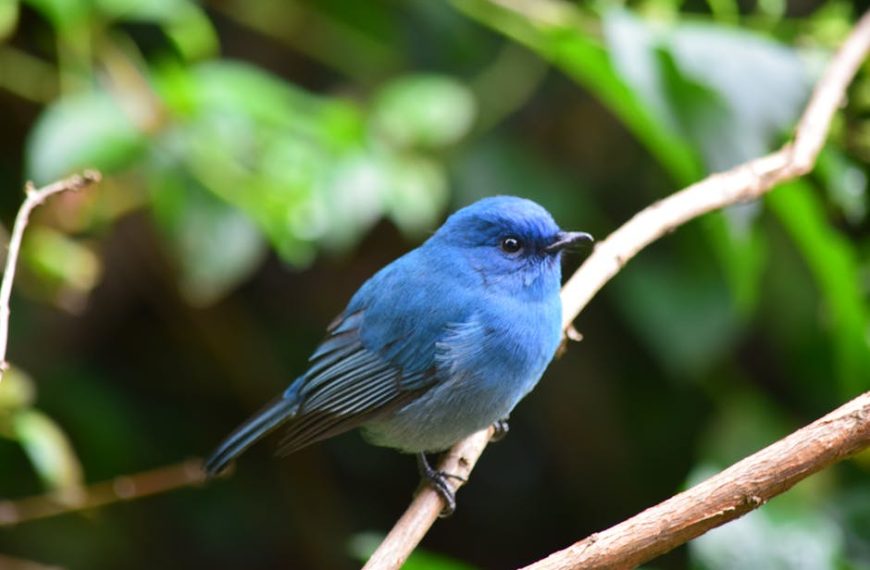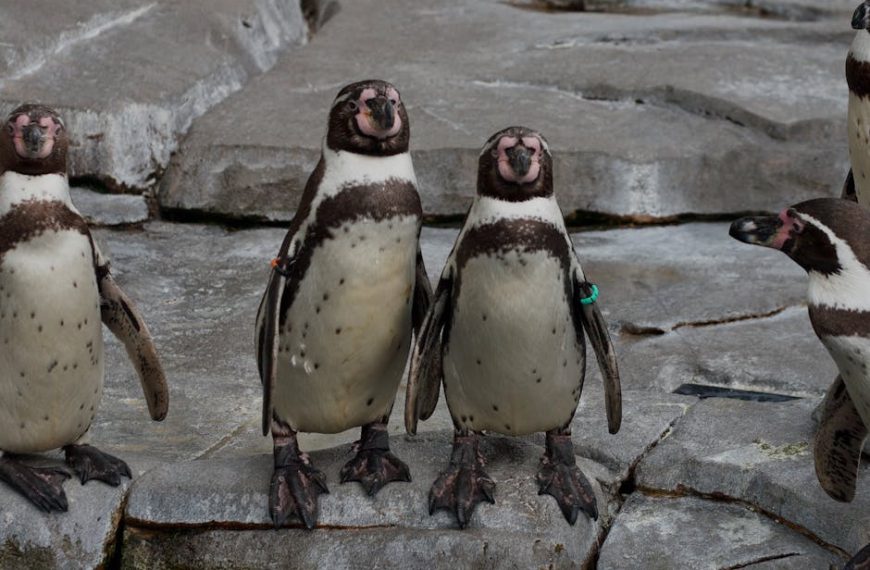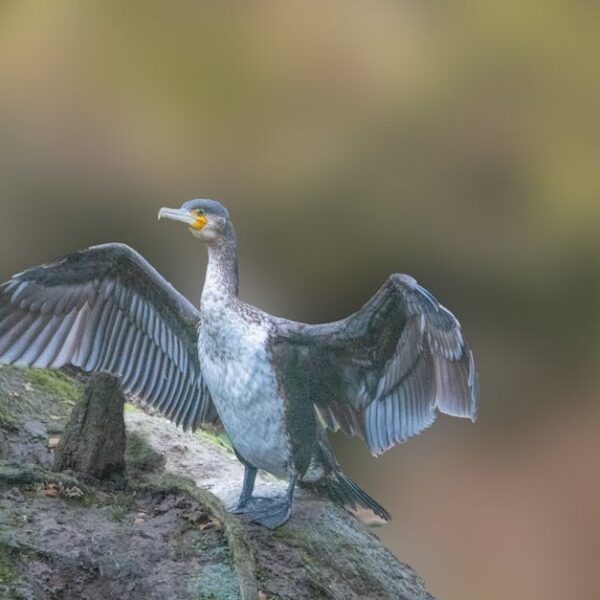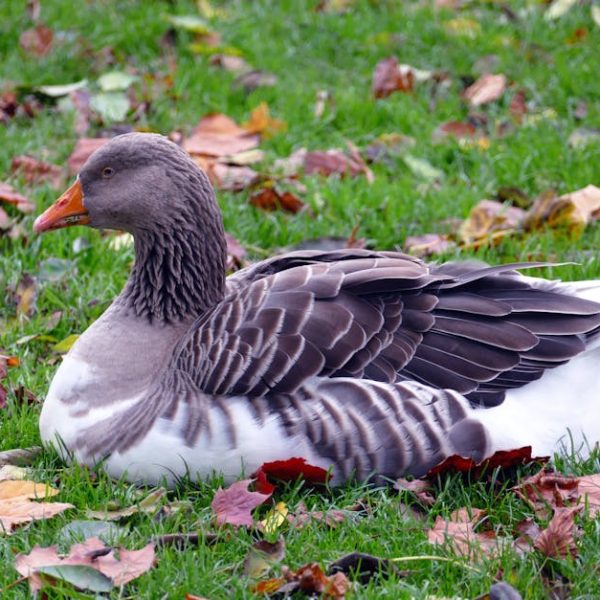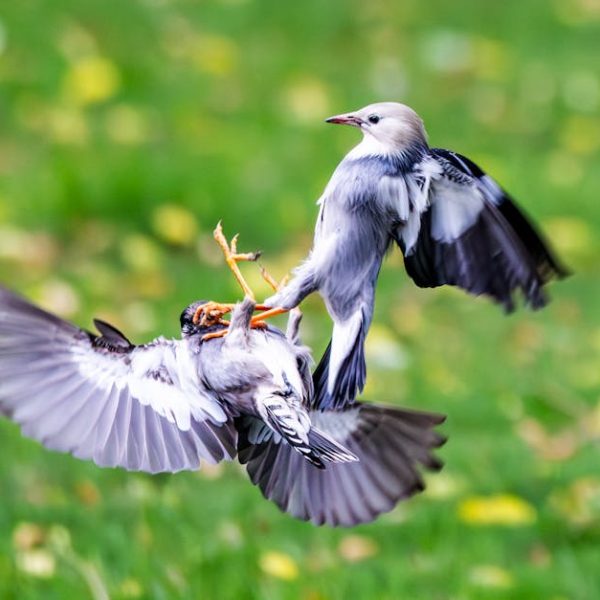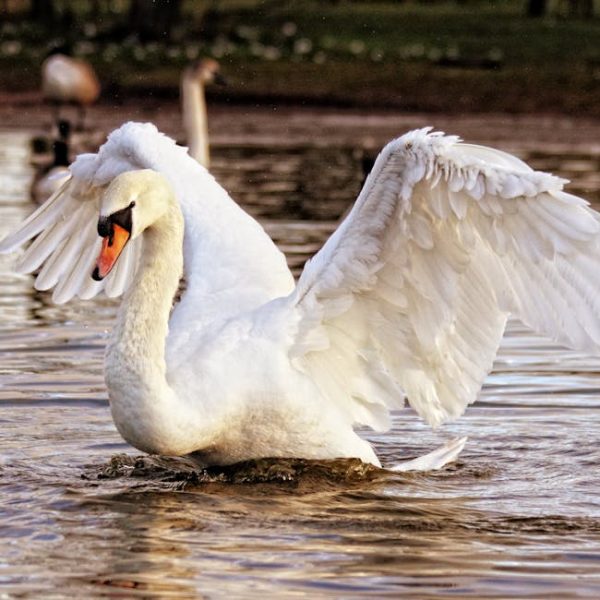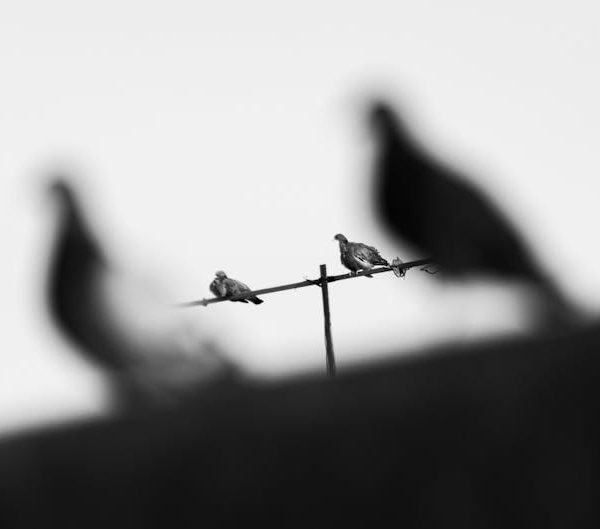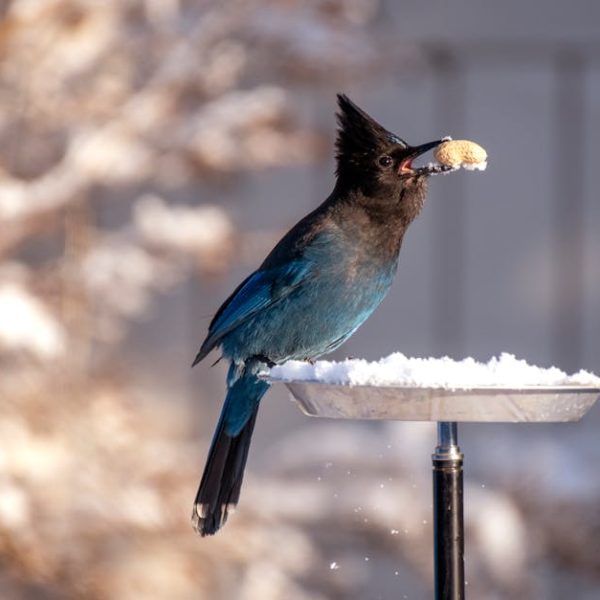Finch birds, known for their vibrant plumage and joyful songs, have an average lifespan that varies greatly depending upon their specific species and conditions. The small yet sturdy life of these birds, whether in the wilderness or in a domesticated environment, is a fascinating embodiment of adaptation and survival.
Average Lifespan of a Finch Bird
Generally, the average lifespan of a finch bird ranges from 5 to 10 years when living under ideal circumstances, either in the wild or in human care. However, this range can extend further or reduce significantly based on numerous factors like their diet, genetics, environment, and presence of predators. Let’s explore a few types of finch birds and their respective average lifespans:
- Zebra Finch: 5-9 years
- Gouldian Finch: 6-8 years
- Society Finch: 7-9 years
- Canary Finch: 10-15 years
Factors Influencing Finch Bird Lifespan
Numerous factors determine how long a finch bird lives. These birds, just like other species, are hugely impacted by their diet, living conditions, and overall health status. Key facets that influence a finch bird’s lifespan include:
- Diet: Balanced and nutrition-rich diet contributes to a healthy and long life.
- Environment: Living conditions that replicate their natural habits increase longevity.
- Stress: A peaceful environment free from stressors helps extend their life.
- Predation: In the wild, the presence of predators can dramatically shorten their lifespan.
For a pet finch, offering a balanced diet, safe and stress-free environment, and regular health check-ups can be instrumental in ensuring a longer and healthier life.
Health Concerns Affecting Finch Birds Lifespan
Finch birds are susceptible to certain health issues that can impact their lifespan. These health problems can be manifested through changes in their physical characteristics or altered behavior. Some common health concerns include:
- Bacterial and fungal infections
- Parasites
- Obesity
- Feather loss
Recognizing these health concerns in a timely manner and seeking professional help can exponentially increase the chances of recovery. Providing ample space for movement, feeding a well-balanced diet, and maintaining hygienic living conditions are proactive measures that can prevent the onset of these issues.
We will delve deeper into the lifespan of finch birds in captivity and the role of genetics in the subsequent segments of this article. As we navigate through these topics, it becomes clearer that ensuring a long, healthy life for these delightful birds largely depends on conscious efforts towards their diet, environment, and overall healthcare.
Understanding Finch Bird Lifespan in Captivity
The beauty and vitality of finch birds make them a popular choice for pets, and their life tends to differ in captivity compared to the wild. On average, finch birds in captivity can live between 7 to 10 years, and sometimes even longer with utmost care and proper management, contrasting from their average lifespan of 5-6 years in the wild.
Here’s a quick comparison of the lifespan of common finch species in captivity versus the wild:
| Type of Finch | Lifespan in Captivity | Lifespan in the Wild |
|---|---|---|
| Zebra Finch | 5-9 years | 2-5 years |
| Gouldian Finch | 6-8 years | 3-6 years |
| Society Finch | 7-9 years | 3-6 years |
| Canary Finch | 10-15 years | 4-8 years |
Understanding the unique needs of finch birds in captivity is key to ensuring their long and healthy lives. Best practices for maintaining finch birds in captivity include:
- Regular vet check-ups
- Providing appropriate, enriched diet
- Ample flight space
- Careful and gradual introduction of new birds
- Frequent cage cleaning
Role of Breeding and Genetics in Finch Birds Lifespan
Genetics also plays a significant role in defining the lifespan of finch birds. Different species of finch birds are genetically predisposed to varying lifespans. Moreover, certain inherited traits can significantly influence their health and longevity. A few of these influential genetic traits are:
- Resistance to disease
- Ability to digest and utilize food
- Fertility rate
- Ability to cope with environmental changes
Selective breeding practices can significantly alter these traits over generations. Breeding for desired traits, like disease resistance, can improve the overall health and lifespan of finch birds.
Successfully prolonging a finch bird’s life involves a comprehensive understanding of their unique needs and potential health concerns. By combining good genetics, appropriate care, and a healthy environment, these colorful birds can lead long, fulfilling lives.
Key Takeaway:
- The average lifespan of a finch bird ranges between 5 to 10 years, affected greatly by factors such as diet, environment, genetics, and presence of predators.
- Finch birds in captivity often live longer than those in the wild. Regular vet check-ups, an enriched diet, ample flight space, and frequent cage cleaning contribute to this increased longevity.
- Finch birds are prone to certain health issues like bacterial and fungal infections, parasites, obesity, and feather loss. Prompt recognition and treatment can mitigate these problems.
- Genetics significantly impacts the lifespan of finch birds, with certain inherited traits influencing health and longevity. Selective breeding can optimize these traits towards the better health and longevity of the birds.
By comprehending the unique needs of finch birds and providing them with appropriate care and a robust environment, we can ensure that these colorful birds lead long, vibrant, and healthy lives. Remember, the key to a finch bird’s longevity lies in attending to their dietary needs, keeping their environment clean and stress-free, and undertaking regular health checks.
FAQs
Q: How can I extend the lifespan of my pet finch bird?
A: You can extend your pet finch bird’s lifespan through regular vet check-ups, an enriched diet suited to their needs, providing ample flight space and a stress-free environment, and maintaining the hygiene of their living conditions.
Q: Are there any noticeable signs to tell if my finch bird is ill?
A: Yes. Physical changes and altered behavior in finch birds can be indicative of health issues. Symptoms may include feather loss, changes in eating or sleeping patterns, and unusual behavior.
Q: How does stress affect the lifespan of finch birds?
A: Stress can significantly shorten the lifespan of finch birds. Stressful conditions may include extreme weather, predator threat, inadequate food supply, or cramped and dirty living conditions.
Q: How does selective breeding impact the lifespan of finch birds?
A: Selective breeding can improve inherited traits such as disease resistance, dietary efficiency, fertility rate and coping mechanisms to environmental changes, subsequently impacting the birds’ health and lifespan positively.
Q: What kind of diet is best for my finch bird to ensure a long life?
A: A balanced and nutrition-rich diet suited to the specific needs of your finch bird can contribute to its longer and healthier life. Regular consultation with a vet can guide you towards the correct dietary practices.
Do not hesitate to share this article with other bird enthusiasts and make sure to explore more of our posts to learn about these fascinating creatures.
